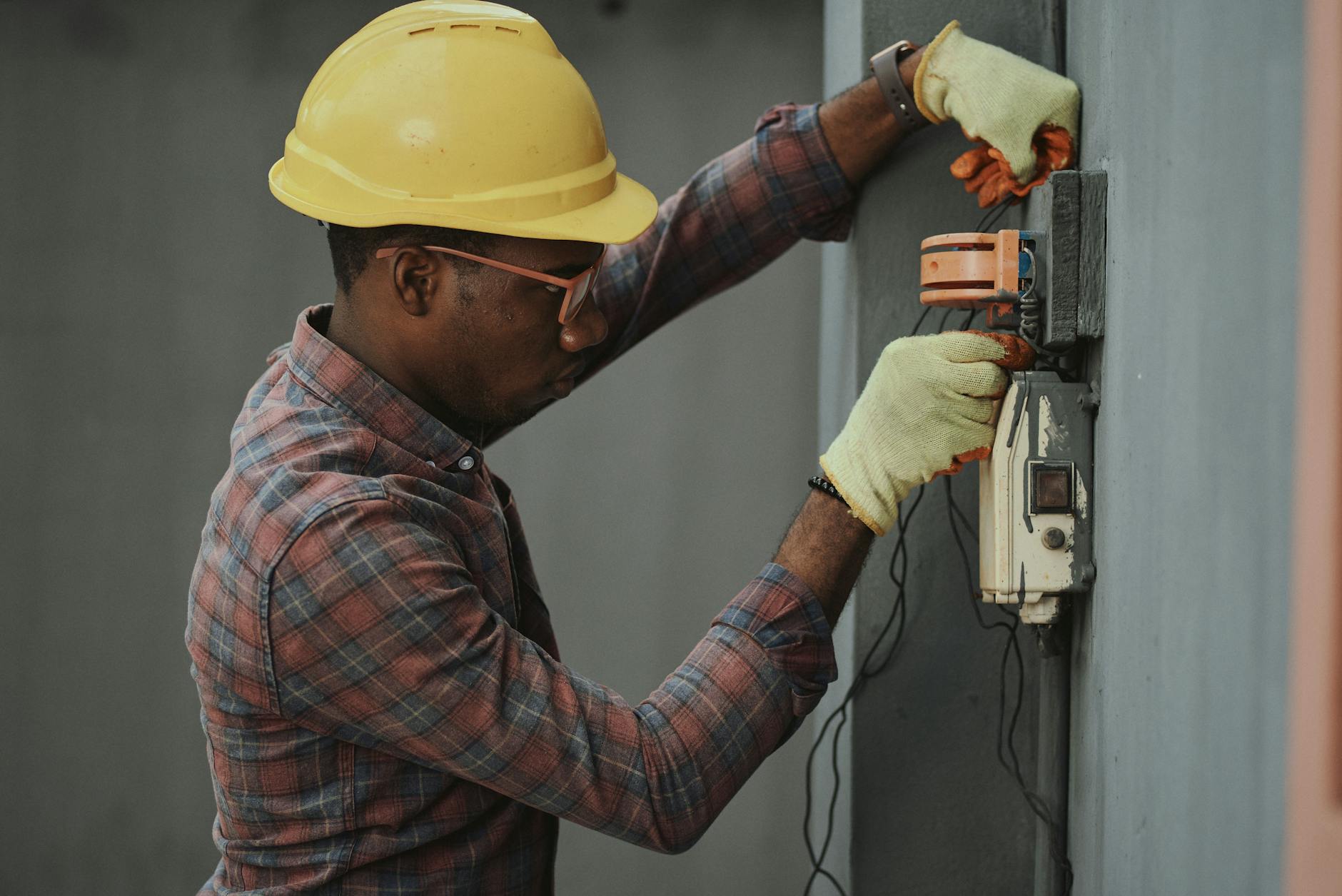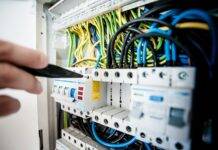
Electrical Safety Rules: Protecting Lives and Property
Electrical safety is a paramount concern in both residential and commercial settings. Every year, thousands of accidents and fires occur due to electrical mishaps, many of which could have been prevented by following basic safety rules. Understanding the hazards associated with electricity and adhering to proper safety practices can significantly reduce the risk of accidents and ensure the well-being of individuals and property.
1. Introduction to Electrical Safety
Electricity is an essential part of modern life, powering our homes, workplaces, and industries. However, it also poses inherent risks if not handled properly. Electrical accidents can result in severe injuries, fatalities, and property damage. Therefore, prioritizing electrical safety is crucial to prevent such incidents and safeguard lives and assets.
2. Understanding Electricity
Before delving into safety rules, it’s essential to understand the basics of electricity. Electricity is the flow of electrons through a conductor, such as a wire. While electricity powers our devices and appliances, it can also cause harm if not controlled. Common electrical hazards include electric shock, burns, and fires.
3. Top Electrical Safety Rules
Following established safety rules is the cornerstone of preventing electrical accidents. These rules are designed to minimize exposure to electrical hazards and promote safe practices in various settings. Some of the top electrical safety rules include:
- Never overload electrical circuits.
- Use ground fault circuit interrupters (GFCIs) in wet or damp areas.
- Keep electrical cords away from heat sources and sharp objects.
- Avoid using damaged electrical equipment.
- Always use insulated tools when working with electricity.
4. Proper Handling of Electrical Equipment
Proper handling of electrical equipment is essential to prevent accidents and injuries. When using electrical tools, it’s crucial to:
- Inspect tools for damage before use.
- Follow manufacturer instructions and safety guidelines.
- Use appropriate personal protective equipment (PPE), such as gloves and safety goggles.
- Avoid using equipment with frayed cords or exposed wires.
5. Safety Measures for Electrical Installations
Ensuring the safety of electrical installations is vital for preventing electrical accidents and fires. Proper installation practices include:
- Hiring qualified electricians for installation work.
- Using the right size and type of wiring and components.
- Following building codes and regulations.
- Regularly inspecting and maintaining electrical systems.
6. Precautions for Working with Electricity
When working with electricity, taking proper precautions can mitigate risks and ensure safety. Some essential precautions include:
- Turning off power before performing any electrical work.
- Using lockout/tagout procedures to prevent accidental energization.
- Never working on live electrical circuits unless trained and authorized.
- Ensuring proper insulation and grounding of electrical systems.
7. Safety Gear and Equipment
Using appropriate safety gear and equipment is essential for protecting against electrical hazards. Some essential safety gear includes:
- Insulated gloves and footwear
- Safety helmets
- Safety glasses or goggles
- Fire-resistant clothing
8. Safety Tips for Different Environments
Electrical safety measures may vary depending on the environment. Whether at home, work, or outdoors, it’s essential to:
- Keep electrical appliances away from water sources.
- Avoid using extension cords as permanent wiring solutions.
- Use outdoor-rated extension cords for outdoor use.
- Install ground fault circuit interrupters (GFCIs) in kitchens, bathrooms, and outdoor areas.
9. Emergency Procedures
In the event of an electrical accident or emergency, quick and appropriate action is crucial. Some steps to take include:
- Shutting off power to the affected area.
- Administering first aid if someone is injured.
- Calling emergency services for assistance.
- Evacuating the area if there is a risk of fire or explosion.
10. Training and Education
Proper training and education are essential for promoting electrical safety awareness. Individuals working with electricity should receive training on:
- Recognizing electrical hazards.
- Safe work practices and procedures.
- Emergency response protocols.
11. Regular Maintenance and Inspections
Regular maintenance and inspections help identify potential hazards and ensure the integrity of electrical systems. Maintenance activities may include:
- Checking for loose connections and corrosion.
- Testing and calibrating protective devices.
- Cleaning and lubricating equipment as needed.
12. Legal Requirements and Regulations
Compliance with electrical safety regulations is mandatory to ensure the safety of occupants and properties. Some legal requirements and regulations include:
- National Electrical Code (NEC) standards.
- Occupational Safety and Health Administration (OSHA) regulations.
- Local building codes and ordinances.
13. Promoting a Culture of Safety
Creating a culture of safety is essential for fostering awareness and accountability. Employers and organizations can promote safety by:
- Providing ongoing training and education.
- Encouraging open communication about safety concerns.
- Recognizing and rewarding safe behaviors.
14. Conclusion
In conclusion, electrical safety is paramount in preventing accidents and ensuring the well-being of individuals and properties. By understanding the hazards associated with electricity and adhering to proper safety practices, we can minimize risks and promote a safer environment for everyone.
Electrical Grounding: Unraveling the Importance and Essential Techniques
Electrical Cord Management: Safeguarding Against Overloading and Tripping Hazards
Electrical Cord Safety: Inspection and Replacement Guidelines
Electrical Safety: Hazards and GFCI Purpose
FAQs (Frequently Asked Questions)
- Why is electrical safety important?
- Electrical safety is crucial to prevent accidents, injuries, and fires caused by electricity mishaps.
- What are the common electrical hazards?
- Common electrical hazards include electric shock, burns, and fires.
- How can I protect myself from electrical hazards?
- You can protect yourself by following safety rules, using appropriate safety gear, and practicing caution when working with electricity.
- What should I do in case of an electrical emergency?
- In case of an emergency, shut off power, administer first aid if necessary, and call emergency services for assistance.
- Where can I find more information about electrical safety?
- You can find more information from reputable sources such as safety organizations, government agencies, and professional electricians.





















